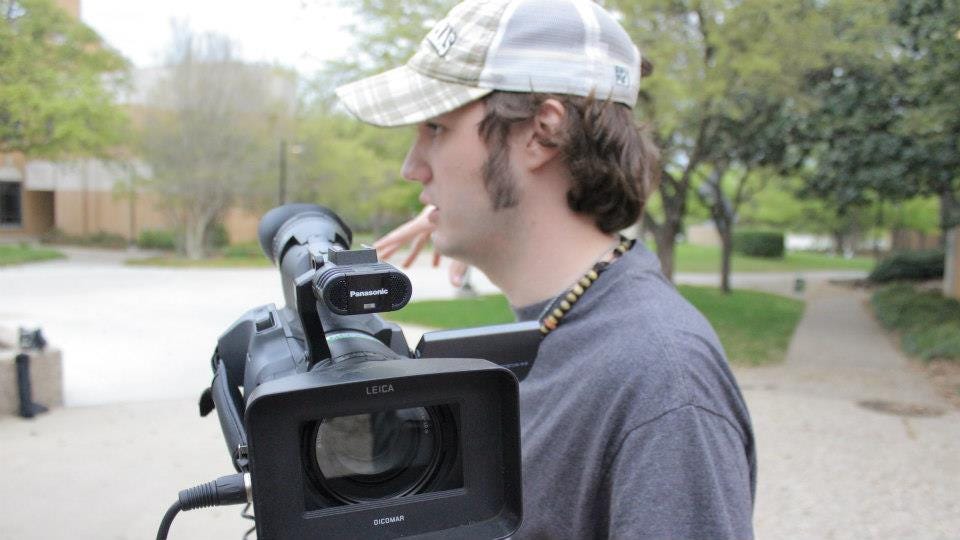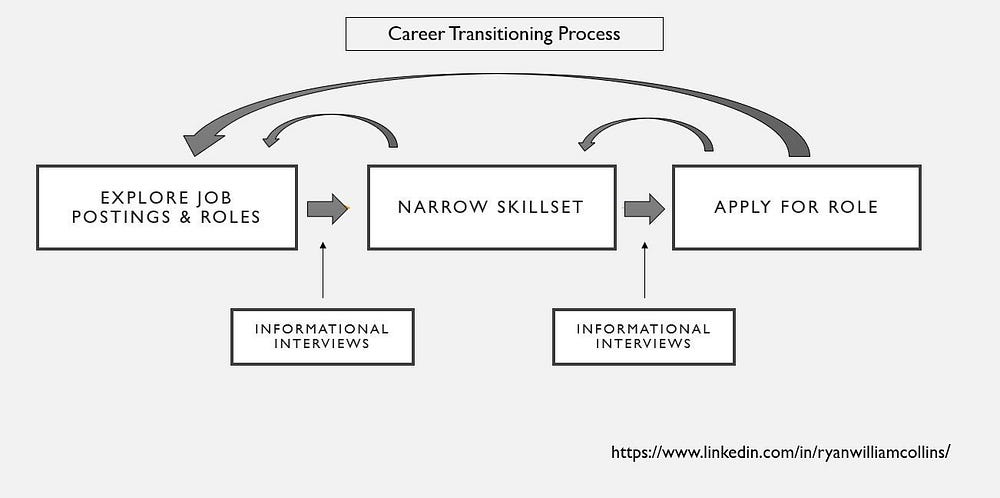Note: This was originally published on my Medium and revised here.
“What do you want to be when you grow up?”
This question brings out a lot of anxiety for many including my younger self. In 2011–2015, I was an undergraduate at the University of North Texas for Radio, Television, and Film. I planned to work on a film or television set despite being far from media hubs like LA, Atlanta, or New York.
In hindsight, I wasn’t successful not because I wasn’t smart enough or knew the right techniques, it was because I lacked the confidence in myself and I didn’t fully explore career paths.
One of the main reasons I founded After Your PhD was because I struggled with anxiety during graduate school and in life in general. I don’t want others to feel the same way.
To help others in their career exploration, I reflected on the three guiding principles that inform the philosophy behind After Your PhD and should be helpful for anxiety career explorers and anxious job seekers in general.

1. Talk to more people about what they do
When I was younger, I assumed that my passion alone would get me a job. I was wrong. Networking is by far the most important thing you can do in your career, but the term “networking” carries a lot of baggage. Networking is better understood as talking to people about what they do without the intention of getting a job.
Informational interviews are low-stakes ways to connect with working professionals and learn from their successes and failures. Interviewees provide a personal experience that helps guide you to where you want to be. Without networking, navigating your career becomes almost impossible.

Book Recommendations For Networking:
2. The job you want now may not exist in the future, or the job you didn’t know you wanted may exist in the future
There’s a misnomer that once you choose a career, that’s the career you’ll be in the rest of your life. Careers and industries change, that’s part of life. People pivot and technology transforms society.
I’m an SEO Strategist at a reputable digital marketing agency, and the field of SEO is fairly new. I had no idea what SEO was when I was younger. If you told me I’d be an SEO strategist, I’d be confused and laugh at you.
You have to be open to new experiences and be curious.
Above all, you have to make a decision. Yes, things change, but as long as you are staying curious and learning new things, the next big thing won’t be too far away.
3. Let your career pay for your passions. Work to live, not live to work.
This piece of advice may sound controversial, but I’ve seen people become burned out and they can’t enjoy their passions because it becomes work. Having a stable job that pays the bills can certainly help with anxiety.
Jobs where the mindset is “pay doesn’t matter much, I would work for free” are ripe with exploitation. Whether it’s filmmaking or academia, people with passions are exploited for their labor by others. It’s okay to have a desk job that lets you afford your passions.
Jobs, where the mindset is “pay doesn’t matter much, I would work for free” are ripe with exploitation. Whether it’s filmmaking or academia, people with passions are exploited for their labor by others. It’s okay to have a desk job that lets you afford your passions.
I’d rather have improved mental health and be able to spend time with my children at the end of the day.
I see nothing wrong with that at all.

Ryan Collins PhD is an SEO Strategist at Go Fish Digital. Ryan completed his PhD in Media Arts and Sciences at Indiana University Bloomington in 2021. During his time at Indiana University, Ryan eventually pivoted into a career in SEO and Digital Marketing after having informational interviews with working professionals in SEO, working on side projects, and gaining industry experience.
